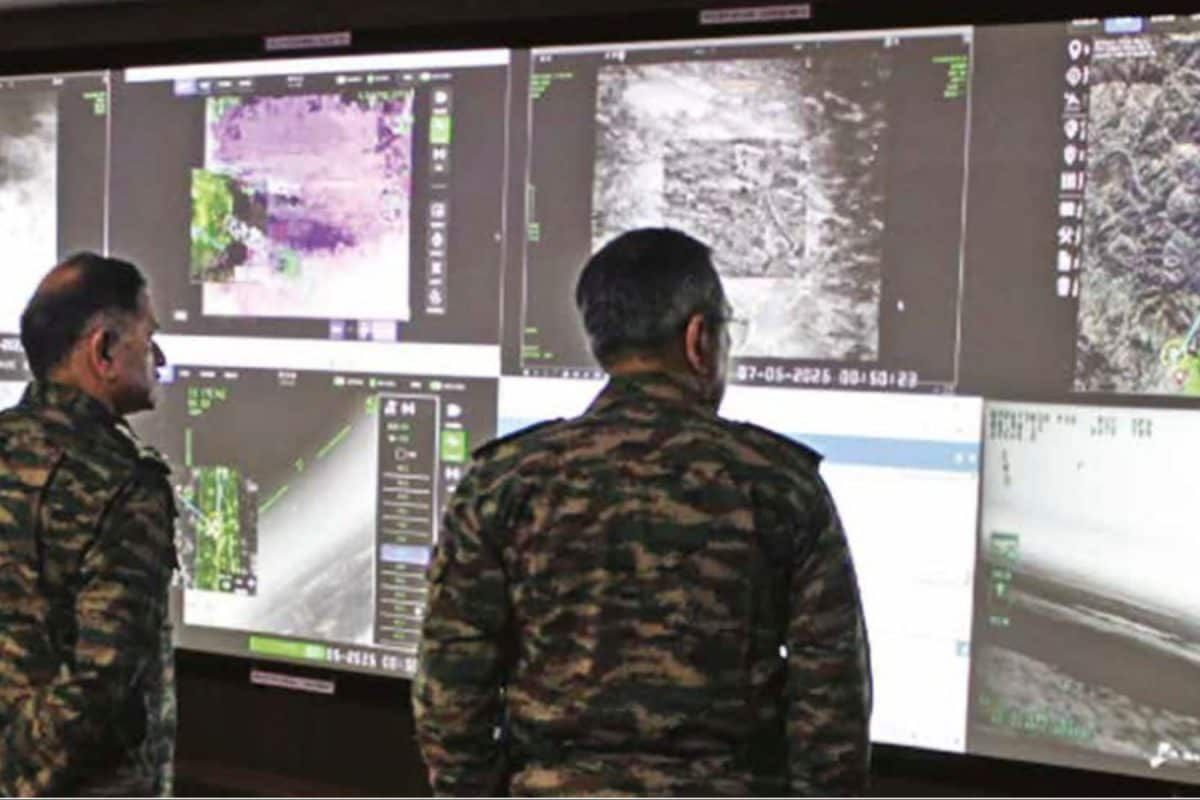

Pakistan has officially confirmed that Indian forces conducted strikes on its airbases, a development that has elicited strong reactions, particularly from India's ruling Bharatiya Janata Party (BJP). This confirmation follows weeks of denials and muted responses from the Pakistani government and military regarding the extent of the damage inflicted during what India has called "Operation Sindoor."
The confirmation came from Pakistan's Deputy Prime Minister Ishaq Dar, who admitted on Geo News that India had indeed struck key military bases, including the Nur Khan Airbase in Rawalpindi and the Shorkot Airbase. These strikes, according to Dar, occurred on May 7, shortly after a terror attack in Pahalgam that resulted in the deaths of 26 civilians. India has asserted that Operation Sindoor was a direct response to this attack, which it attributes to Pakistan-backed terrorists.
BJP leaders have hailed the strikes as a strategic validation of India's military capabilities and its firm stance against cross-border terrorism. Amit Malviya, who heads the BJP's National Information & Technology Department, stated that the "90-minute targeted strikes on major Pakistani airbases during #OperationSindoor marked a decisive shift in regional military dynamics." He further added that the preemptive and precision attacks dismantled Pakistan's ability to maintain air superiority, coordinate national defense, and project any meaningful counter-response. Malviya also listed 11 Pakistani bases that were attacked and rendered inoperable, emphasizing that each base served a critical function and its destruction inflicted strategic and psychological damage on the Pakistani military establishment.
Echoing this sentiment, other BJP leaders have lauded the Indian Air Force (IAF) and Prime Minister Narendra Modi for their decisive action. One BJP leader, Kavinder Gupta, praised the strikes as a strong response to the Pahalgam terror attack and a clear message of India's strength. The BJP's reaction underscores the party's narrative of a strong and assertive India, willing to take decisive action against perceived threats.
Prime Minister Narendra Modi, while addressing a rally in Bihar, asserted that the strikes demonstrated the strength of a "new India." He stated that Indian forces had destroyed Pakistani airbases within minutes, fulfilling his promise to avenge the Pahalgam attack. Modi emphasized that his government had brought the Pakistan Army to its knees and reduced terrorist headquarters to dust.
Reports indicate that the IAF executed precision strikes on multiple Pakistani air bases, targeting runways, radar sites, aircraft hangars, and command centers. Satellite imagery has revealed extensive damage, with craters on crucial airstrips and military transport vehicles reduced to debris. The operation involved the use of advanced air-launched cruise missiles (ALCMs), likely the BrahMos, to ensure accuracy and effectiveness.
The strikes have had significant strategic implications. The destruction of key facilities, such as the Nur Khan Airbase, a vital hub for Pakistan's Air Mobility Command, has severely limited Pakistan's ability to conduct swift military operations. The international community has also taken note of India's military prowess, with analysts praising the accuracy and effectiveness of Operation Sindoor.
While Pakistan initially denied the extent of the damage, Prime Minister Shehbaz Sharif eventually acknowledged that the Nur Khan Air Base and other locations were hit by Indian missiles. This acknowledgment is a significant shift from Pakistan's earlier stance and underscores the impact of India's strikes.
The confirmation of the strikes and the BJP's strong response highlight the heightened tensions between India and Pakistan. Operation Sindoor has not only demonstrated India's military capabilities but has also underscored its willingness to take decisive action against cross-border terrorism. The events have reshaped the regional security dynamics, with implications for future relations between the two countries.